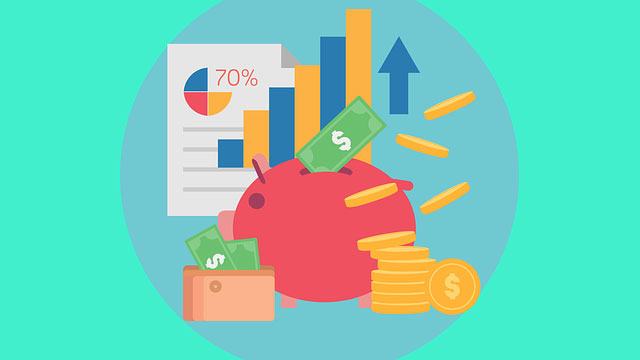Learning to master your personal finances can seem intimidating at first, but it doesn’t have to be complicated.
It all comes down to just a few simple steps that almost any beginner can take.
And once you understand these steps, getting a handle on your finances can become much more manageable.
In this simple beginner’s guide to personal finance, we’ll briefly discuss some finance basics, beginning with the following.
1. Spend less than you make. (simple! right?)
Start by spending less than you make, saving more money, and learning to live within your means.
Many people put off saving and consistently tell themselves that they’ll only start doing so once they “make more money”, but this is highly ineffective.
The time to start saving money is always NOW. Even if you can save as little as $5 to $10 periodically, it’s still enough to start building an emergency fund for the future.
A excellent way to save is by eating more meals at home and spending less on everyday monthly expenses.
These expenses include your cell phone bill, cable bill, and other discretionary spending items.
Another effective way to reduce your spending is by creating a budget, which is a plan for how you manage and save your money.
These tips may seem challenging to implement, but putting them into practice can go a long way toward improving your financial future.
2. Pay off debt (especially high-interest debt.)
Debt can be highly damaging to your personal finances.
For this reason, you should always aim to pay it off as soon as possible, especially high interest debts like credit cards and payday loans.
The interest payments on these types of debt will slowly eat away at your savings and leave you financially worse than you could ever imagine.
And don’t forget that the balance on these accounts will grow as more interest is accrued over time, making it harder to pay off the accumulating debt.
This also means that the balance on these accounts can increase, even if you’re not making any new purchases.
In addition to your credit cards, you should also aim to pay off things like mortgages and student loans quickly.
3. Build up an emergency fund.
Likewise, while paying off debt is important, it’s also essential to start building an emergency fund.
Emergency funds can provide a temporary cushion if something unexpected happens, such as a medical emergency or job loss.
The goal of an emergency fund is to keep you going until you can get back on your feet.
A good rule of thumb is to save enough money to cover at least 3-6 months of living expenses.
4. Save for retirement.
Saving for retirement comes down to several key components.
The primary key to saving and investing for retirement is to start early.
There are many apps and services available that can help you set a plan for your investment goals.
While there’s plenty debate about what percentage of your income should be put away towards retirement, my personal strategy is to always contribute the max while staying within my monthly budget.
